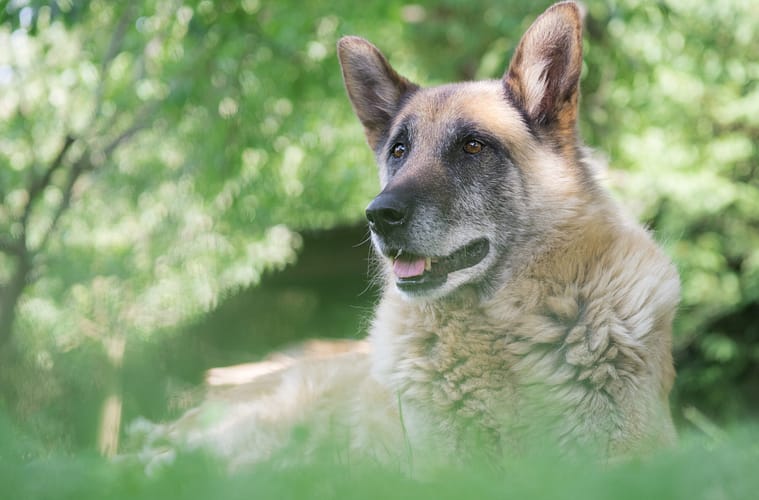As any pet owner knows, our furry friends are more than just animals—they’re family. As they grow older, their needs change, much like ours. The golden years of a pet’s life can be a special time, but they can also present new challenges for pet owners. This blog post will guide you through the journey of caring for your aging pet, ensuring they have the comfort and quality of life they deserve.
Understanding the Aging Process in Pets
Just like humans, pets undergo various physical and behavioral changes as they age. Dogs and cats, for instance, might not jump as high as they used to or might be slower to retrieve their favorite toy. You might notice their sleep patterns changing, or they may become more vocal or withdrawn.
Understanding these changes can help you empathize with your pet and adjust their care accordingly. Remember, growing old isn’t a disease—it’s a natural life stage that we can help our pets navigate with grace and dignity.
Ensuring Quality of Life for Aging Pets
Nutrition
As your pet ages, their dietary needs evolve. Senior pets often need fewer calories but more high-quality proteins and certain nutrients. Consult your vet about the best diet for your pet’s age and health status. Keep in mind that a well-balanced diet can significantly contribute to your pet’s quality of life and longevity.
Exercise
Regular exercise is crucial for your aging pet’s health. While they might not be able to chase a ball like they used to, gentle activities like short walks or light play can keep their joints flexible and their spirits high. Always observe your pet during exercise to ensure they’re not overdoing it.
Mental Stimulation
Keeping your pet’s mind sharp is just as important as physical health. Engage them with puzzle toys, new tricks (yes, you can teach an old dog new tricks), or simply varying your walking routes for new scenery.
Regular Vet Checkups
Preventive healthcare becomes even more essential as your pet ages. Regular vet checkups can help detect potential health issues early and provide treatment options that could extend your pet’s life. Remember, early detection is the key to managing many age-related health issues.
Comfort Measures for Aging Pets
As your pet ages, their comfort needs can change. You might need to adapt your home to make it more senior-pet-friendly. Maybe it’s time to invest in an orthopedic bed, or perhaps a pet ramp would make climbing stairs easier for them.
If your pet suffers from chronic conditions like arthritis, ask your vet about pain management strategies. There’s a wide range of medication and natural remedies that can help ease your pet’s discomfort and improve their quality of life.
End-of-Life Care for Pets
Arguably the toughest part of pet ownership is saying goodbye. Recognizing signs of suffering in your pet and knowing when to consult with your vet about end-of-life pet care can be heart-wrenching but necessary.
Your vet can guide you through your options, which might include palliative care, hospice care, or sometimes euthanasia. These decisions are personal and always difficult, but ultimately, they should be about your pet’s quality of life.
After your pet’s passing, give yourself space to grieve. Dealing with the loss of a pet can be a painful process, and it’s okay to seek support from others who’ve been through the same experience.
Resources and Support for Owners of Aging Pets
There are countless resources out there for pet owners navigating their pet’s golden years. Books, websites, and online forums can provide valuable information and emotional support. Remember, you’re not alone in this journey, and there are communities out there.
Published by HOLR Magazine.




